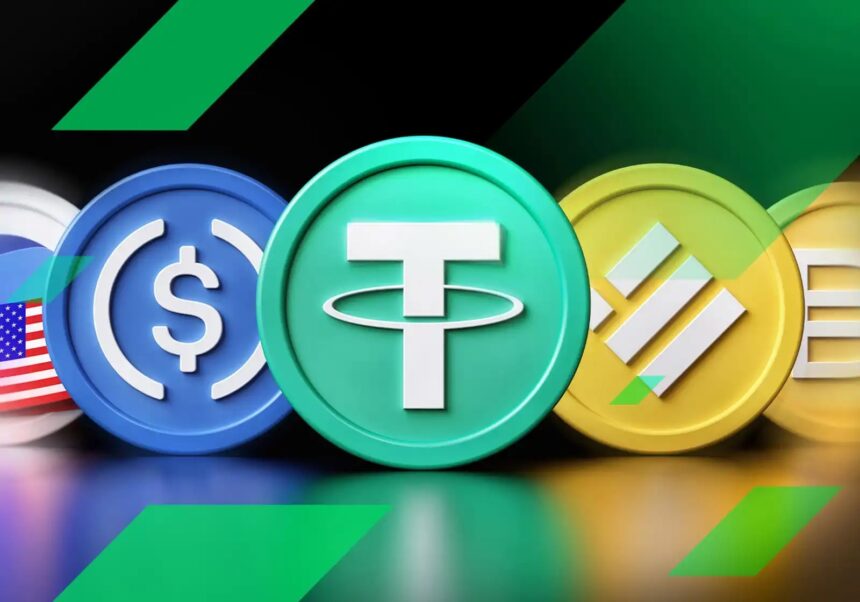In a groundbreaking development, Nigeria is gearing up for the debut of its inaugural regulated Naira stablecoin, cNGN, marking a significant shift since the lifting of the two-year ban on cryptocurrency trading through official channels.
Developed collaboratively by a consortium comprising Nigerian banks, fintechs, and blockchain enterprises, the cNGN stablecoin aims to adhere to the regulatory frameworks set by stakeholders, establishing itself as a controlled Naira stablecoin.
Set to maintain a 1:1 peg with the Nigerian Naira, cNGN stands out by being owned by Nigerian banks, thus acquiring legal tender status. The scheduled debut for this pioneering stablecoin is slated for 2024, according to reports from Forbes.
Unlike previous stablecoin iterations, cNGN will operate as a cryptocurrency, akin to other stablecoins, distinguishing itself from its predecessors.
This development follows the recent decision by the Central Bank of Nigeria to lift the ban on cryptocurrency tansactions, acknowledging the significant role cryptocurrencies play in global financial systems. Nigeria, being among the fastest adopters of cryptocurrencies, embraces the inevitability of their use.
In February 2021, the central bank, under the leadership of Mr. Godwin Emefiele, imposed a ban on cryptocurrency-related activities for credit institutions, impacting various bitcoin firms that had to recalibrate their offerings.
The lifting of the restriction underscores the acknowledgment of the indispensable role of cryptocurrencies in Nigeria’s financial landscape.
Nigeria has previously explored digital currency initiatives, launching its cashless policy in 2012 to enhance the efficiency of the payment system and reduce banking service costs.
The eNaira Central Bank Digital Currency was introduced in October 2021 by the Muhammadu Buhari administration.
Despite the eNaira’s launch with the aim of reducing reliance on fiat currency, increasing financial inclusion, and catering to the 40 million individuals without bank accounts, its acceptance has been lackluster.
The Central Bank of Nigeria has grappled with low adoption rates, with only one in 200 citizens actively engaging with the digital currency.
As Nigeria steps into the realm of regulated stablecoins with cNGN, it marks a pivotal moment in the country’s approach to digital currencies and financial innovation, signaling a dynamic shift in the landscape of its monetary ecosystem.



